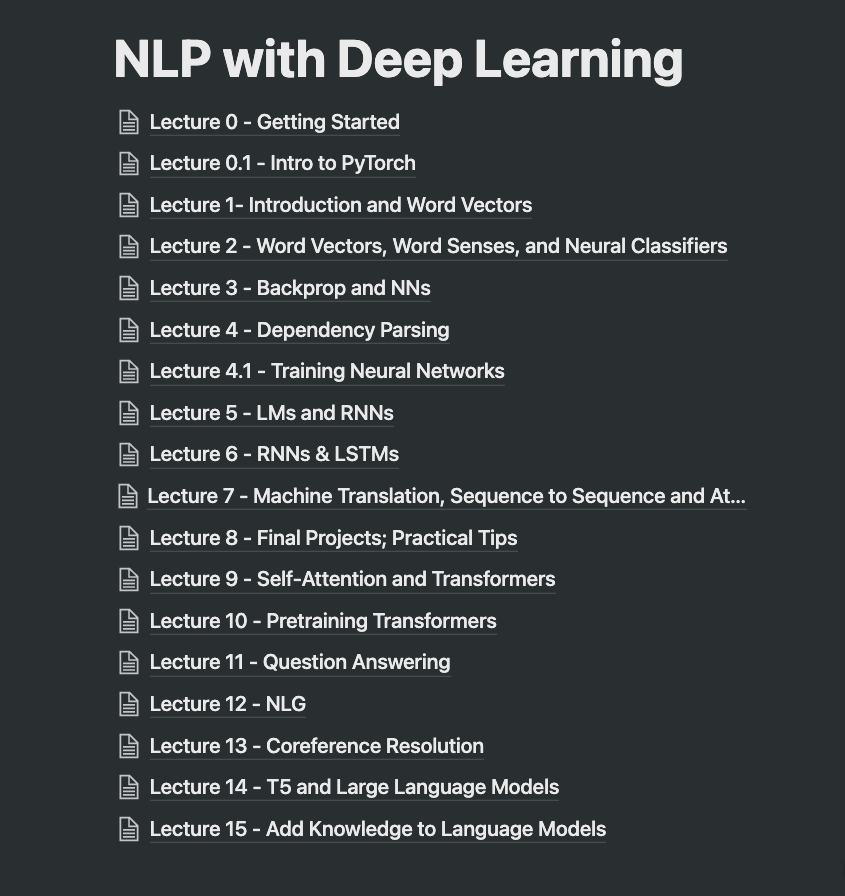by Marc Peter Deisenroth, A. Aldo Faisal, and Cheng Soon Ong
https://t.co/zSpp67kJSg
Note: this is probably the place you want to start. Start slowly and work on some examples. Pay close attention to the notation and get comfortable with it.







I've been writing notes for the latest Deep Learning for NLP course by Stanford.
— elvis (@omarsar0) January 14, 2022
For fun, I also started to add my own code snippets into the notes. I think this is a more efficient way to study: theory + code.
Plan to share these notes soon. Stay tuned! pic.twitter.com/hWzZDORbl6
As someone\u2019s who\u2019s read the book, this review strikes me as tremendously unfair. It mostly faults Adler for not writing the book the reviewer wishes he had! https://t.co/pqpt5Ziivj
— Teresa M. Bejan (@tmbejan) January 12, 2021